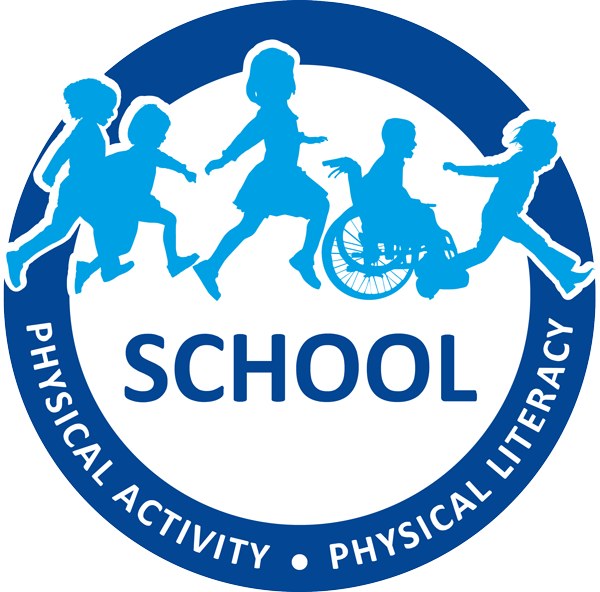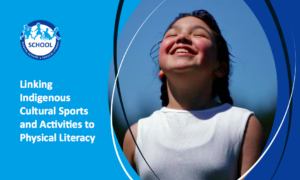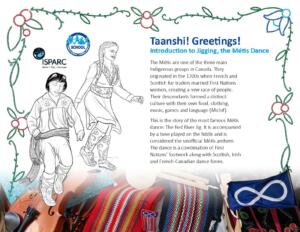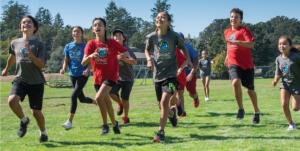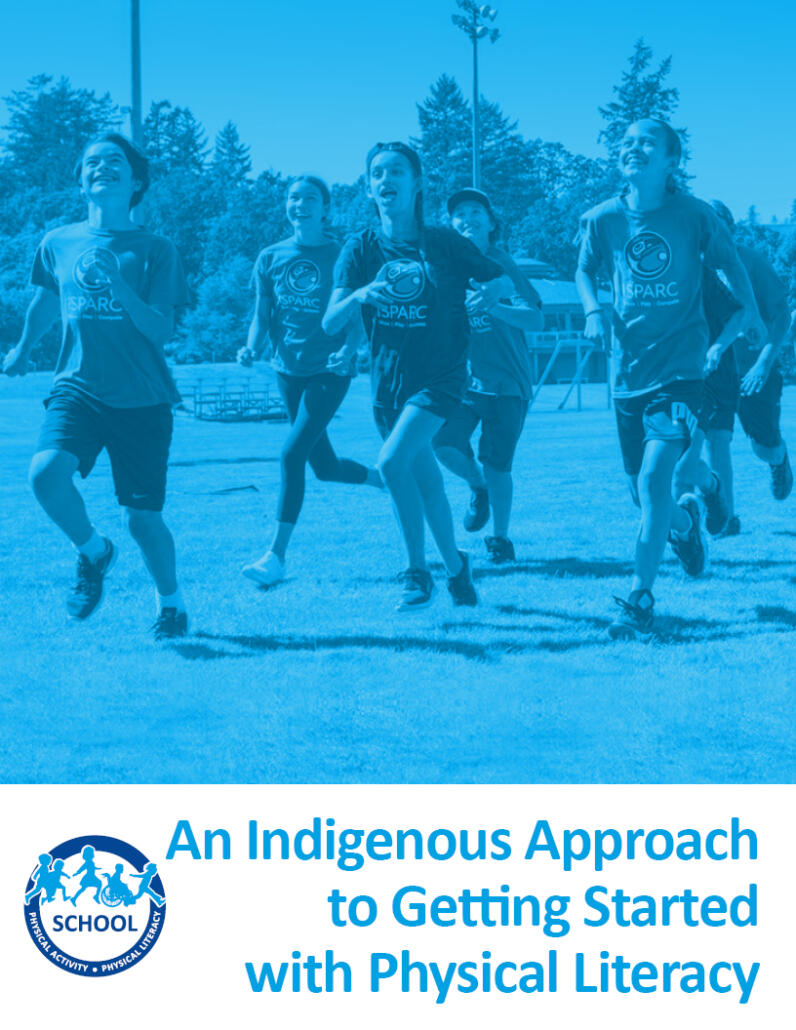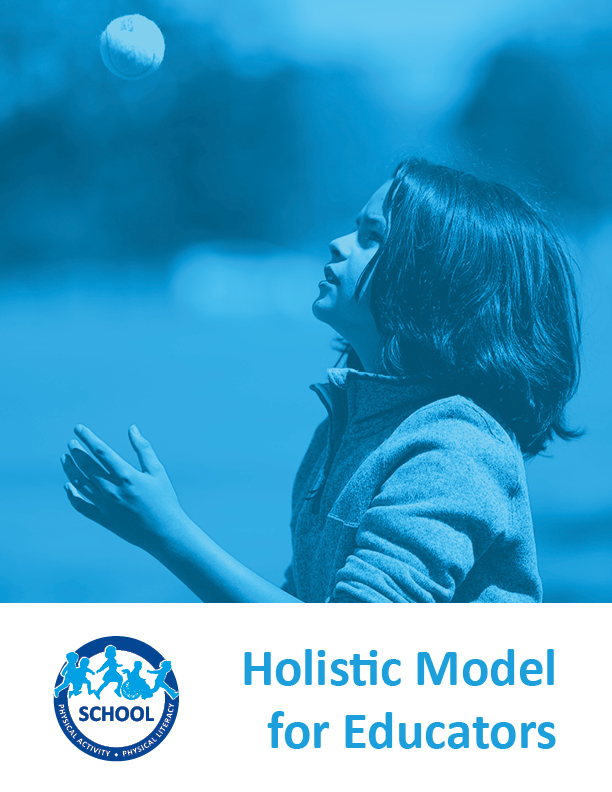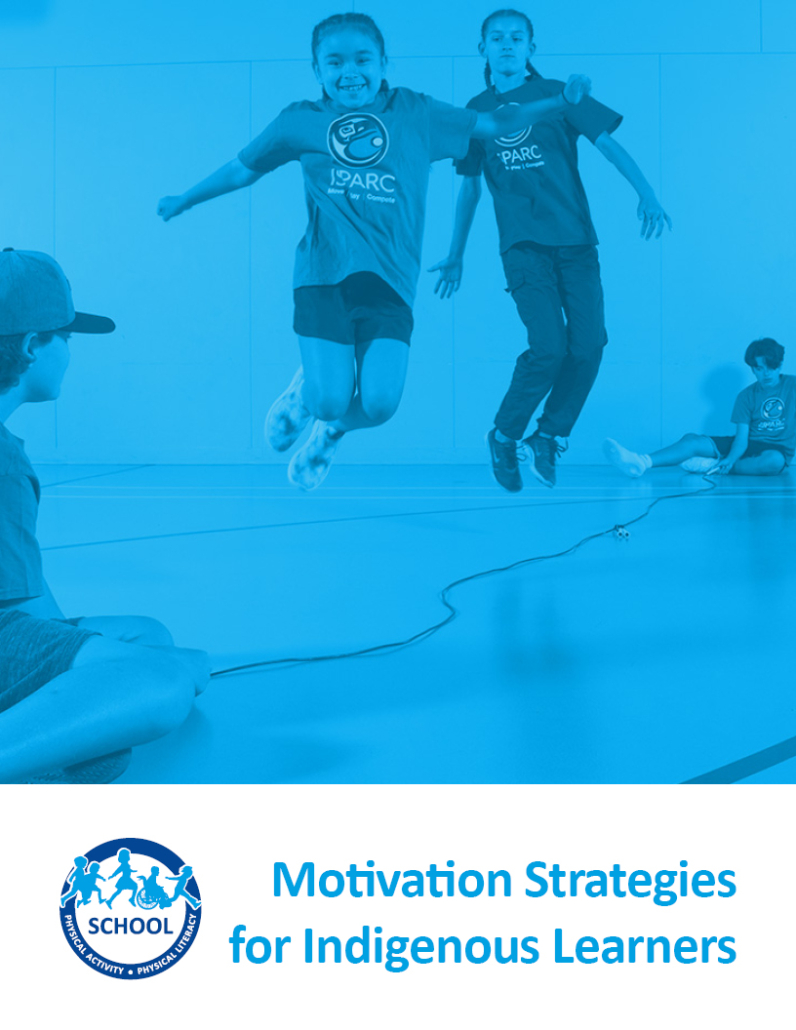Resources and professional development opportunities to increase educators’ knowledge on Indigenous perspectives of health and wellness, to support Indigenous students in a culturally safe way.
Resources
Linking Indigenous Cultural Sports and Activities to Physical Literacy
A reflexive and experiential tool that provides educators with questions, games and activities to link cultural activities with physical movements through the First Peoples’ Principles of Learning.
Intro to Jigging, the Métis Dance
Join Cree and Métis knowledge keeper Madelaine McCallum and youth in learning the Métis jigging Basic Step and several Fancy Steps to the music of the Red River Jig. Download the print resource and colouring pages to support your learning!
Please note that both videos are closed-captioned. ![]()
Games Celebrating Indigenous Ways of Knowing
Here are some select games celebrating Indigenous ways of knowing. Enjoy these outside games, throwing games, lacrosse games, cooperative games, jumping games and relay games for ideas to get the students moving and having fun. Log into PLAYBuilder for more games and activities.
Workshops
An Indigenous Approach to Getting Started with Physical Literacy
Developed in consultation with Indigenous communities and educators, and with leadership from I·SPARC, this workshop brings Indigenous perspectives that honour the First Peoples’ Principles of Learning to physical literacy theory. Learn some practical ways that you can start to develop your students’ physical literacy, and engage with other Indigenous communities in a storytelling method, to incorporate physical literacy in and around your school.
Priority will be given to educators working in First Nations schools or B.C. public schools with a high population of Indigenous learners
Holistic Model for Educators
I•SPARC presents the Holistic Model for Educators virtual workshop for Indigenous educators and educators working in B.C. schools with high populations of Indigenous learners. This workshop was developed in consultation with Indigenous communities across Canada, and is based on the medicine wheel’s core values and teachings.
Priority will be given to educators working in First Nations schools or B.C. public schools with a high population of Indigenous learners
Motivation Strategies for Indigenous Learners
This workshop will work towards an understanding of what physical literacy is, how building confidence and competence increases motivation for physical activity, and how educators can build supports for students’ motivation.
The Indigenous resources developed as part of the project have been created in partnership with the Indigenous Sport, Physical Activity and Recreation Council (I·SPARC). I·SPARC is committed to engaging with Indigenous communities across British Columbia to gather input and share knowledge. This collaborative process ensures that the resources are culturally relevant and reflective of Indigenous perspectives.
These resources are thoughtfully designed to support B.C. educators by aligning with the B.C. curriculum and contributing meaningfully to Indigenous education. Through this partnership, we aim to honour Indigenous ways of knowing and being, and support inclusive, respectful, and culturally informed approaches to physical activity and physical literacy in schools.
